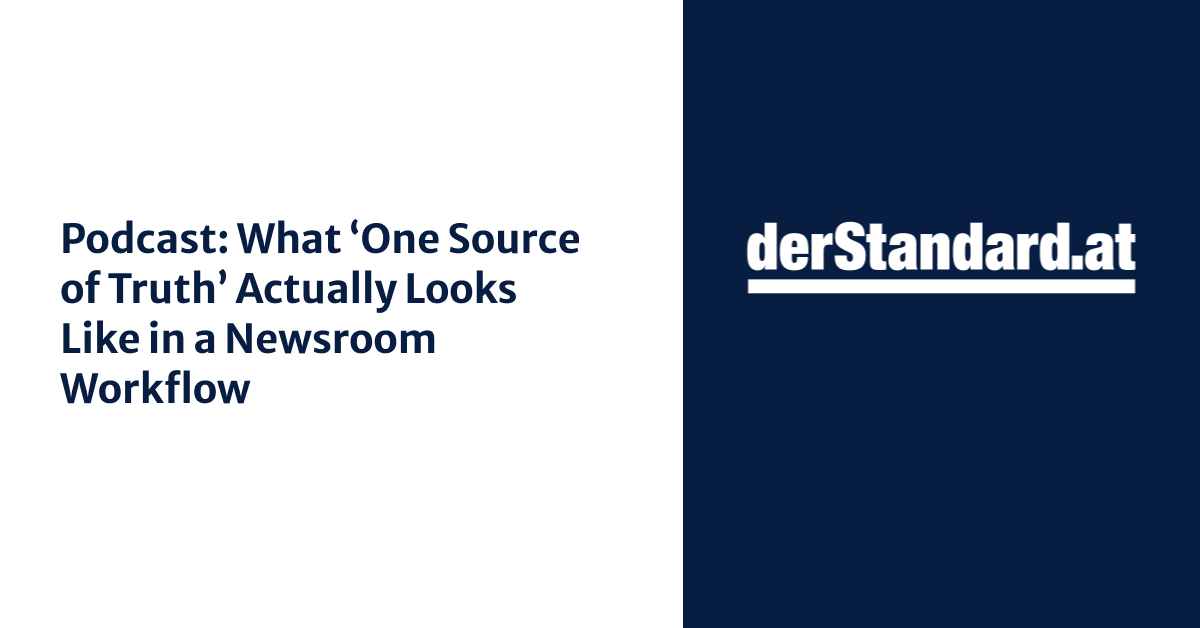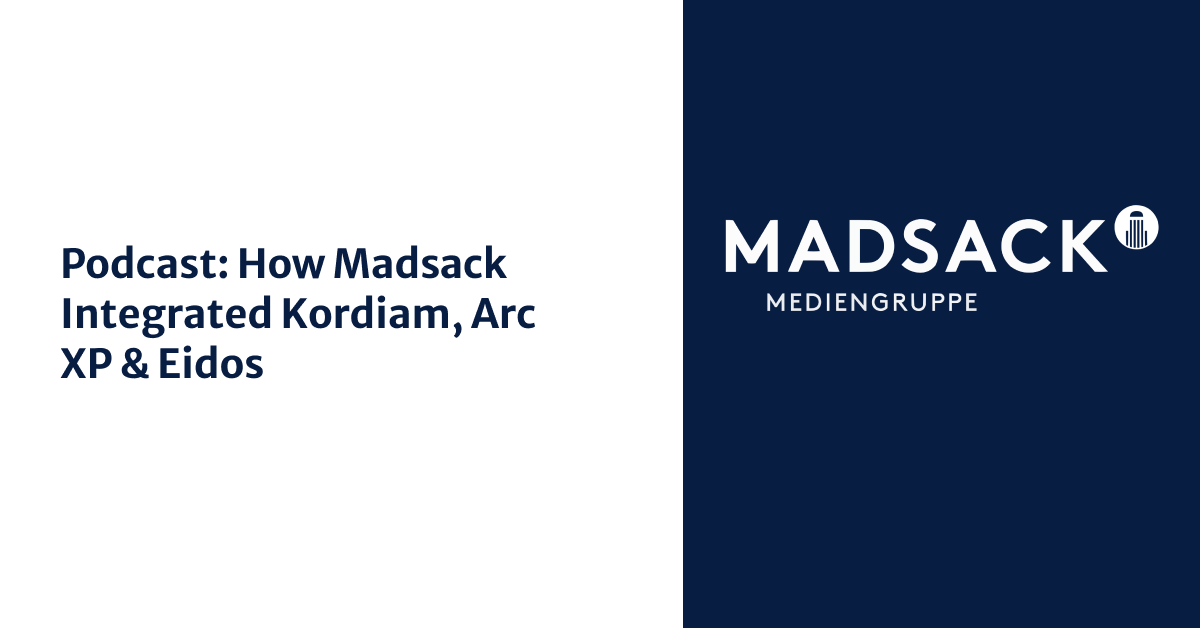Kordiam's Guide to Newsroom Digital Transformation
This blog post refers to Desk-Net, which has since changed its name to Kordiam.
The arguments for digital transformation are too forceful to ignore. Most, if not all, publishers agree that digital is the future, and that they must go that route... although if they're honest, their individual motivations span a spectrum that ranges from genuine enthusiasm to absolute terror.
Choosing the road to travel is only the beginning of the journey, however, and the path to a successful digitally-focused business is not a smooth one. Different companies have different cultures, strengths, and weaknesses, and the transition to the new is often a voyage of discovery not only into the future but into the reality of their own inner workings.
This is why understanding the potential pitfalls and how to avoid them is crucial for a smooth digital transformation. Effective content planning tools can play a pivotal role in this process.
Expert Insights from Dr. Dietmar Schantin
Dr. Dietmar Schantin has spent the last ten years transforming 15 newsrooms around the world, working with organizations such as Telegraph Media Group, Ringier Media Group, Archant Group, Associated News Media, Axel Springer, Styria Media Group, the Hindustan Times, and New Zealand Media and Entertainment.
Dr. Schantin's extensive experience provides valuable insights into the common challenges faced during digital transformation. In his own words: “It’s time to move the newsroom, the processes, the products and services on offer, but also the management structure and advertising sales beyond print to firmly embrace digital."
The Role of Kordiam in Digital Transformation
To successfully navigate the digital transition, news publishers must make their newsrooms more efficient, reader-oriented, and their advertising departments more customer-oriented. This involves planning and implementing necessary changes, which is where Kordiam's content planning tool can be instrumental.
Kordiam helps manage multi-platform content planning, ensuring coordination across different teams and channels. This addresses one of the critical pain points for companies transitioning to digital: managing the complexity of content planning across various platforms.
Avoiding Common Pitfalls with Kordiam
Dr. Schantin emphasizes that transformation is not a simple project and stepping around the pitfalls can save a serious amount of time, money, and sheer frustration. He identifies seven significant potential pitfalls that occur on the way from a traditional to a digitally-focused company. These include:
Lack of Strategic Planning: Without a clear strategy, the transition can become chaotic.
Inadequate Tools: Using outdated or insufficient tools can hinder progress.
Resistance to Change: Teams may resist new workflows and processes.
Poor Communication: Lack of coordination between departments can lead to inefficiencies.
Underestimating Complexity: Digital transformation involves more than just technology changes.
Neglecting Training: Staff must be adequately trained to use new tools and processes.
Failure to Monitor Progress: Continuous evaluation is necessary to ensure the transformation is on track.
How Kordiam Can Help
By using Kordiam's content planning tool, companies can address these challenges head-on. The tool provides:
Comprehensive Content Planner: Ensures all content is effectively managed and scheduled.
Cross-Team Coordination Tool: Facilitates collaboration across different departments.
Customizable Content Planning Tool: Adapts to the unique needs of each organization.
Solutions for Cross-Team Content Planning Challenges: Addresses the complexity of managing content across multiple platforms.
Dr. Dietmar Schantin’s expertise and Kordiam's robust content planning tools provide a roadmap for publishers to navigate digital transformation successfully. By understanding and avoiding common pitfalls, and leveraging the right tools, companies can streamline their processes, improve efficiency, and stay ahead in the digital era.

